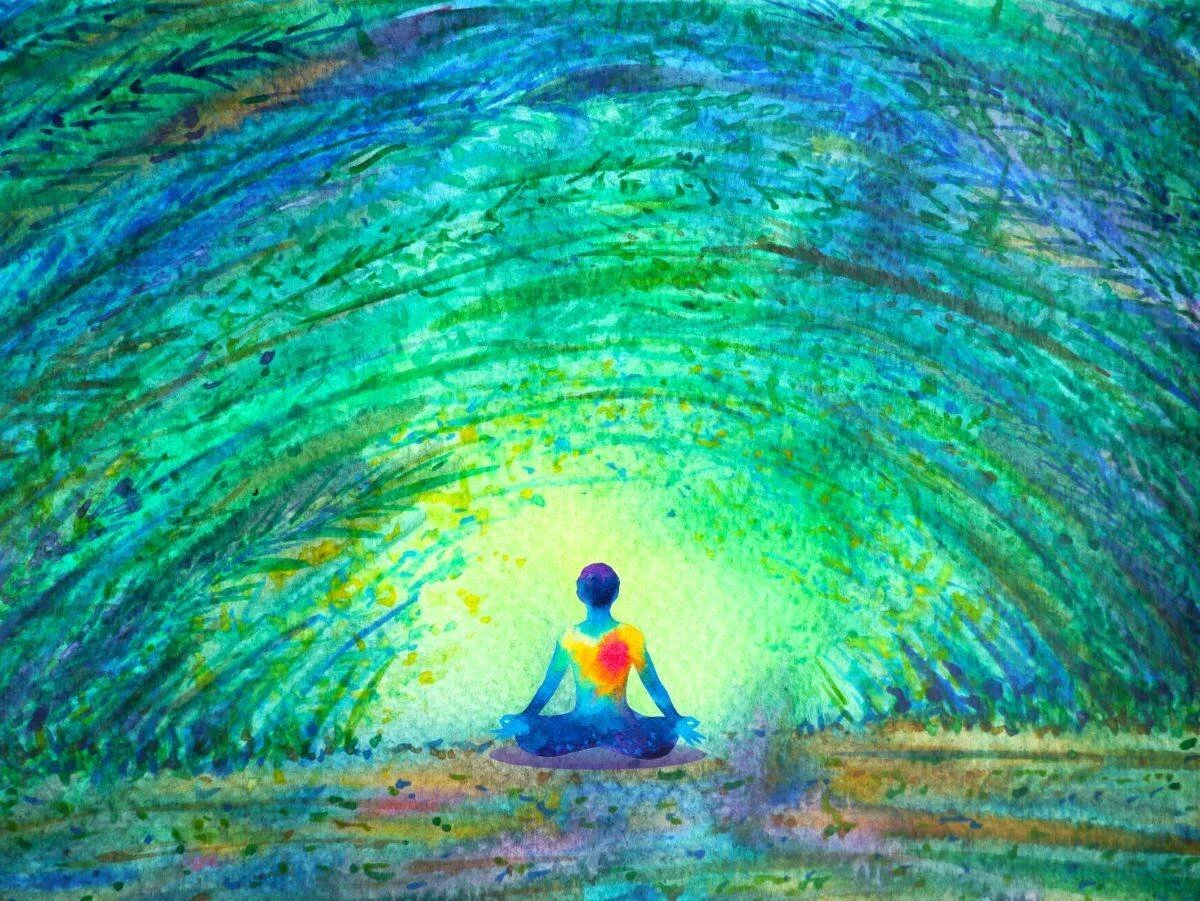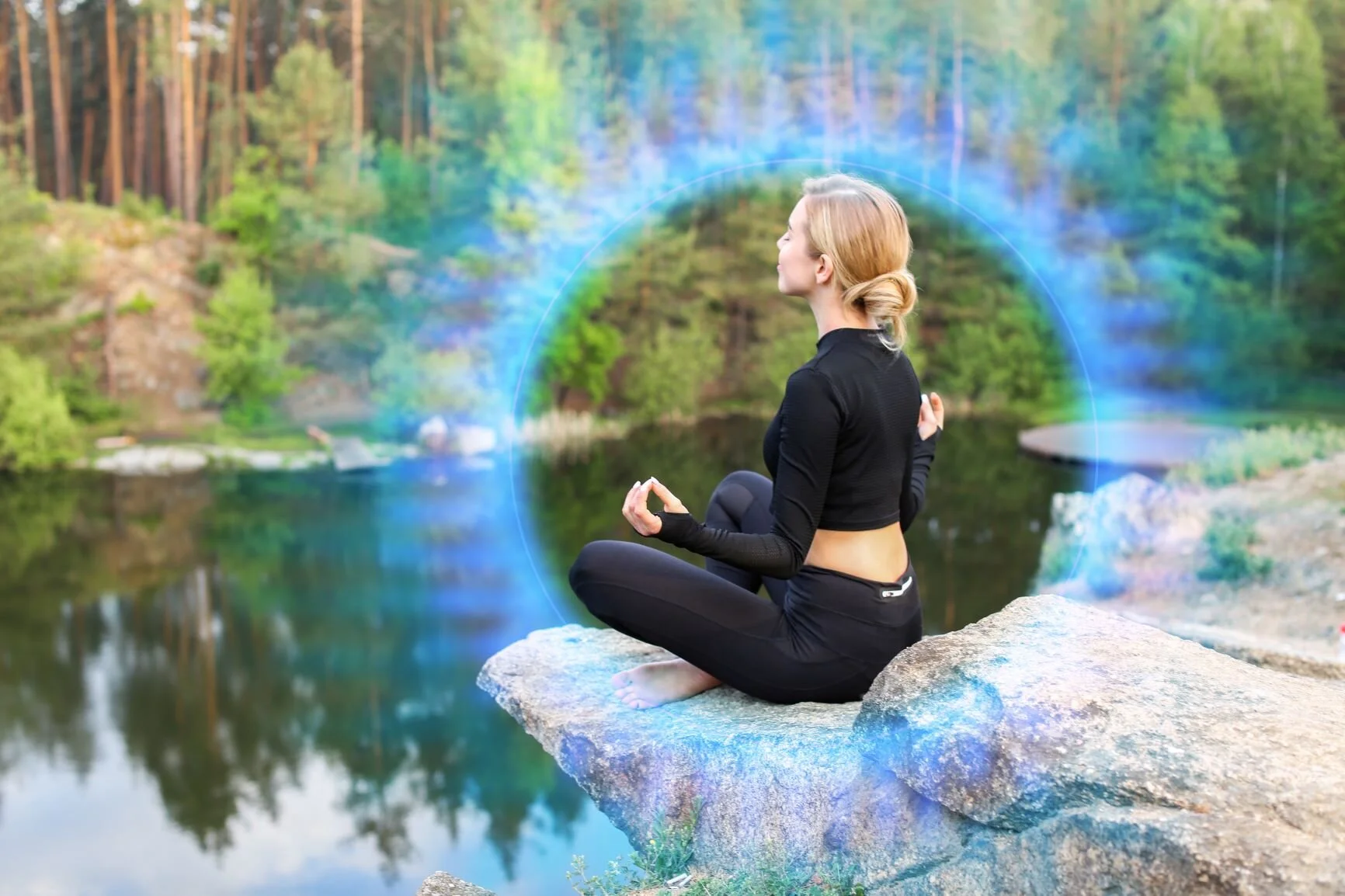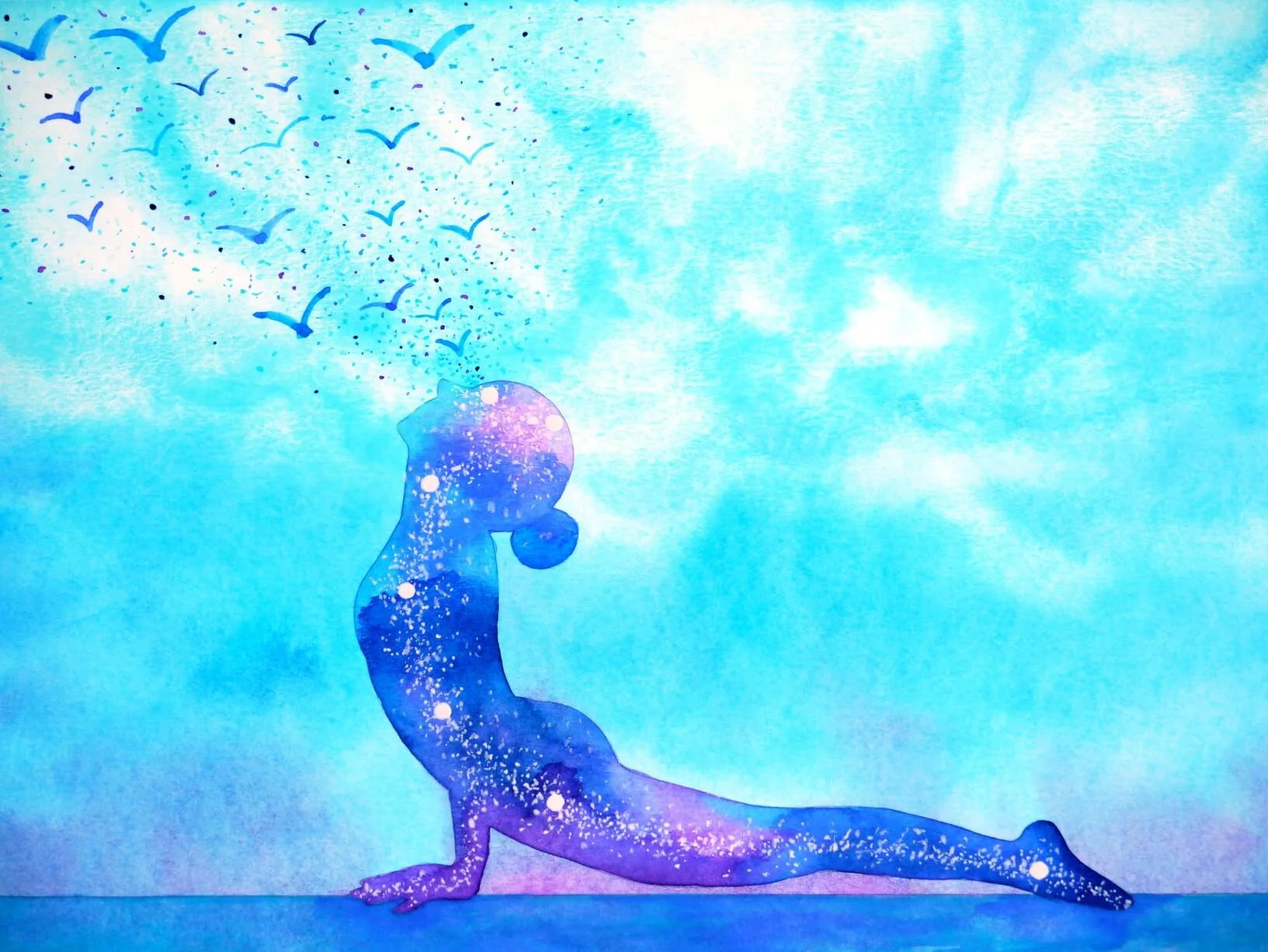Life is movement. Our heart beats; our breath flows; our brain waves. All of our cells are continually dancing. With each breath, air moves and the body moves to welcome and then expel the air. We are always in motion on every level.
When we meditate, we come into rapport with ourselves. All the different rhythms that are going on come into synchronization. Meditation is like the orchestra tuning up before a performance. The musicians sit down, take out their instruments, and start making notes, at first discordant, and then more and more harmonious.
When we come into rapport with another person, some of our rhythms synchronize with them. If we are listening, we may nod at the end of their sentences, to indicate that we understand. When people are in very close rapport, they may blink at the same time and breathe in the same rhythm. Conversational synchrony is a primarily unconscious, but very vital aspect of communication.
When you are more in tune with yourself from meditation, it is easier to be in rapport with anyone else that you choose. Whether you are speaking or listening, your instrument – your nervous system – is in better shape for communication. Meditation helps you to stay true to your own rhythm even while adapting to the needs of the outer situation.
Sometimes it is necessary to break rapport with someone, or with a group, in order to re-establish your own rhythm. Awareness of rapport can help you to do this. You need to be able to move to the pulse of your inner world as well as adapt to the tempo of life around you.
DANCE WITH EMOTION
Emotion is the blood of a relationship, a stream of vital energy that is meant to be flowing freely, in full color. Emotion is our response to what life presents, and those we love want us to be responsive to them. You can’t have an open heart if you are not feeling your emotions.
Emotion is excitement about life and takes many tones: joy, sorrow, reverence, fear, hate, anger, and love. Emotion is energetic and propels us into action. Emotion can also lead us into our inner world and serve as a gateway to meditation.
Having a rich, full life means being able to feel the entire spectrum of emotion. You need to be able to accept and move with all emotions, and to do so in an appropriate way. This is enormously challenging for any human being.
Emotions are experienced as thoughts and sensations. When you focus on the sensation underlying any emotion, you may sense motion in some part of your body – in the belly, or chest, or throat. You may have butterflies in your stomach, pangs in your heart, a lump in your throat.
In meditation we can track the movement of emotion and learn from it. If meditation is listening to yourself, then the conversation is like talking to a good friend or a therapist who helps you to get at what you are really feeling.
Sensing emotion utilizes an entire universe of circuitry in the brain, senses, muscles, and glands.
During meditation, we witness an infinite variety of ever-changing emotions, like inner fireworks. This is one of the most interesting and tricky aspects of meditation practice.
There is a syzygy between passion and equanimity. Because meditation is intrinsically so calming, it is necessary to cherish emotions so that we do not become overly complacent. We each have to work out our best balance.
Meditation is often interpreted as suppressing emotion, because for the past 2500 years or so, meditation has primarily been practiced by renunciates living in religious communities. Their day job is to be calm at all times and not get excited. However, when people who are living in the world mistakenly practice suppression of the emotions in meditation, they can become dull and devitalized.
One practical effect of meditation is that it gives us a half-second lead time when emotions arise, where we can witness them, enjoy them, sense the underlying perception, accept the energy of the emotion, and express it. If we are in a situation where we have to keep quiet, meditation helps us to do so without suppressing ourselves. This enhanced awareness helps us to receive the gift of emotion, join with the energy and let it take us into a more passionate connection with life.












